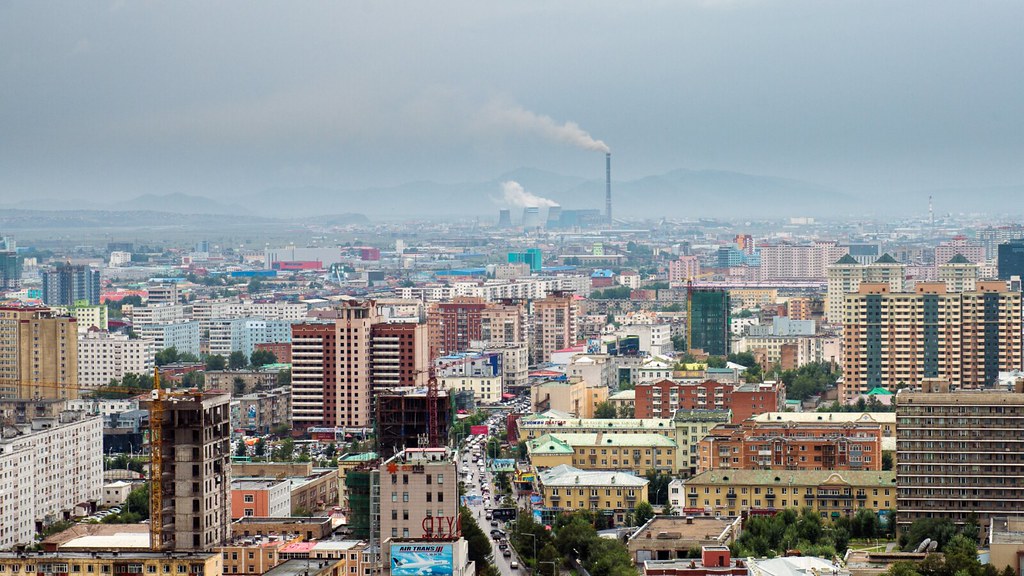The Institute for Policy Research (IPR) is pleased to announce funding has been awarded by the University of Bath Global Challenges Research Fund (GCRF), to support a research project that will look to explore policy interventions to reduce the health impact of air pollution in Ulaanbaatar, Mongolia. The project aims to bring together different stakeholders, from the UK and Mongolia, with diverse forms of data to identify the multiple, interdependent causes of the problem and holistic and effective solutions to these.
Airborne pollutants in Ulaanbaatar regularly exceed daily WHO recommendations. Pollutants typically come from burning cheap waste, unprocessed coal, and vehicle traffic.
The effects of poor air quality constitute a public health crisis in Ulaanbaatar, with vulnerable groups at particular risk of chronic respiratory and developmental health problems. Policy interventions introduced by the Mongolian government have thus far failed in creating impact.
The University of Bath project team and Mongolian partners have identified the need to develop evidence-based policy solutions alongside expertise in the curation and analysis of multiple datasets in order to enable a step change in policymaking capacity and capability to address dangerous levels of ambient air pollution in Ulaanbaatar.
Professor Julie Barnett (Department of Psychology and IPR) is the Principal Investigator, with other members of the project team including Dr Hannah Durrant (Wales Centre for Public Policy), Professor Andreas Kyprianou and Dr Tony Shardlow (Department of Mathematical Sciences), Dr Susie Douglas (SAMBa, Department of Mathematical Sciences), Jessica Lloyd-Evans, IPR Research Assistant and Dr Otgonbayar Uuye and Selenge Ts (National University of Mongolia).
Professor Barnett says:
"We are delighted to have the opportunity to build on the earlier IPR/SAMBa collaborations with colleagues in Mongolia to consider the ways in which integrating a range of data sources can help to identify possible policy options for preventing and mitigating the problem of air pollution in Ulaanbaatar."
In bringing together different perspectives and diverse forms of data, and collaborating with organisations such as the National University of Mongolia, The Mongolian National Development Agency, and the Public Health Institute of Mongolia, the research team hopes to identify the multiple, interdependent causes of the problem, and develop holistic and effective solutions.
The project builds on from the National University of Mongolia and University of Bath International Research Collaboration Initiative, and will run until July 2019.

